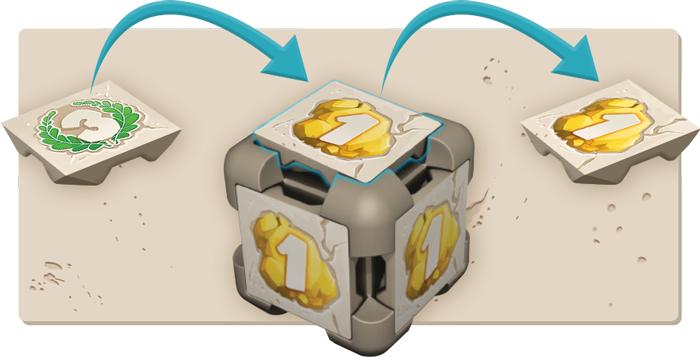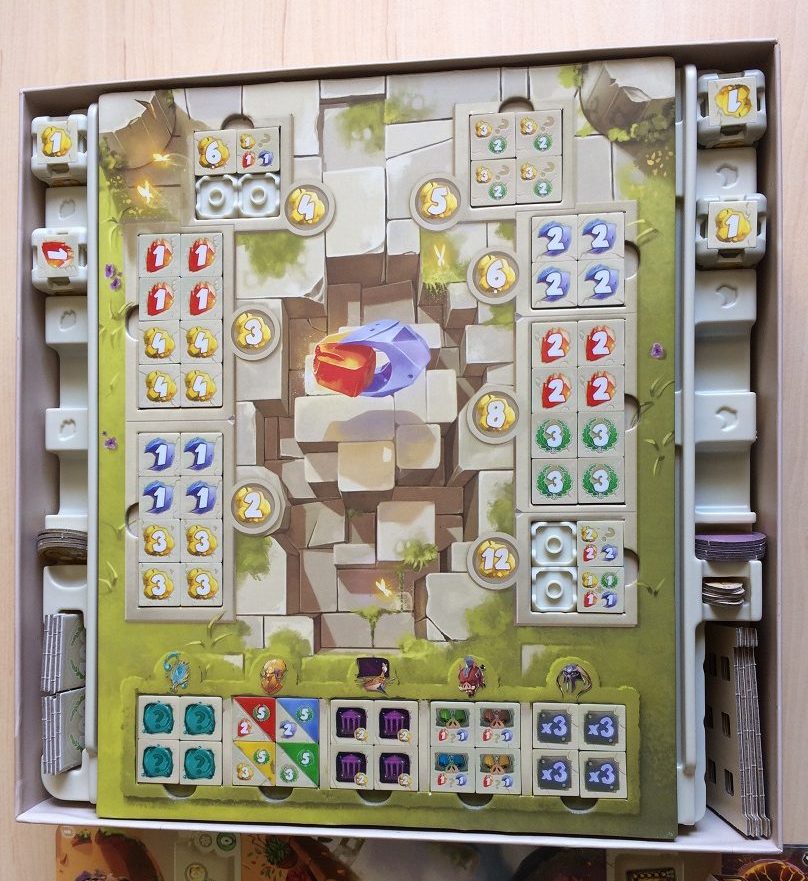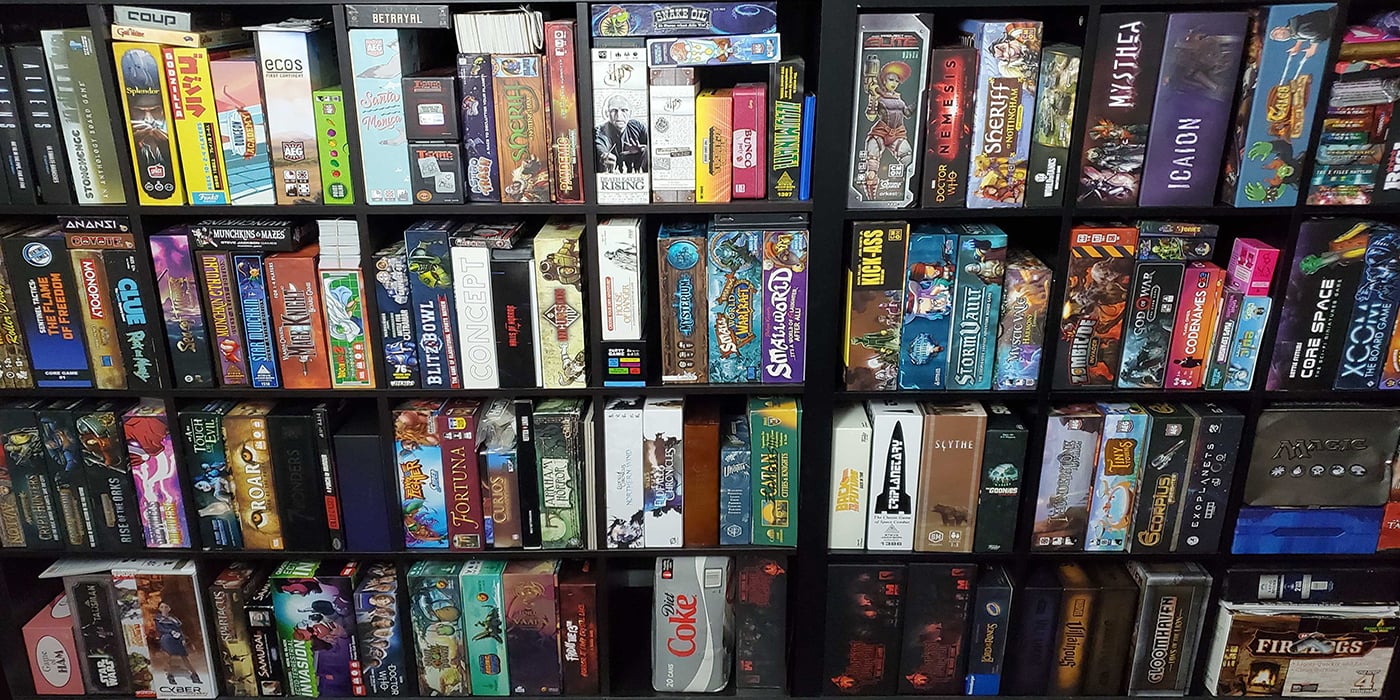Popular Mechanics: Playing To The Random
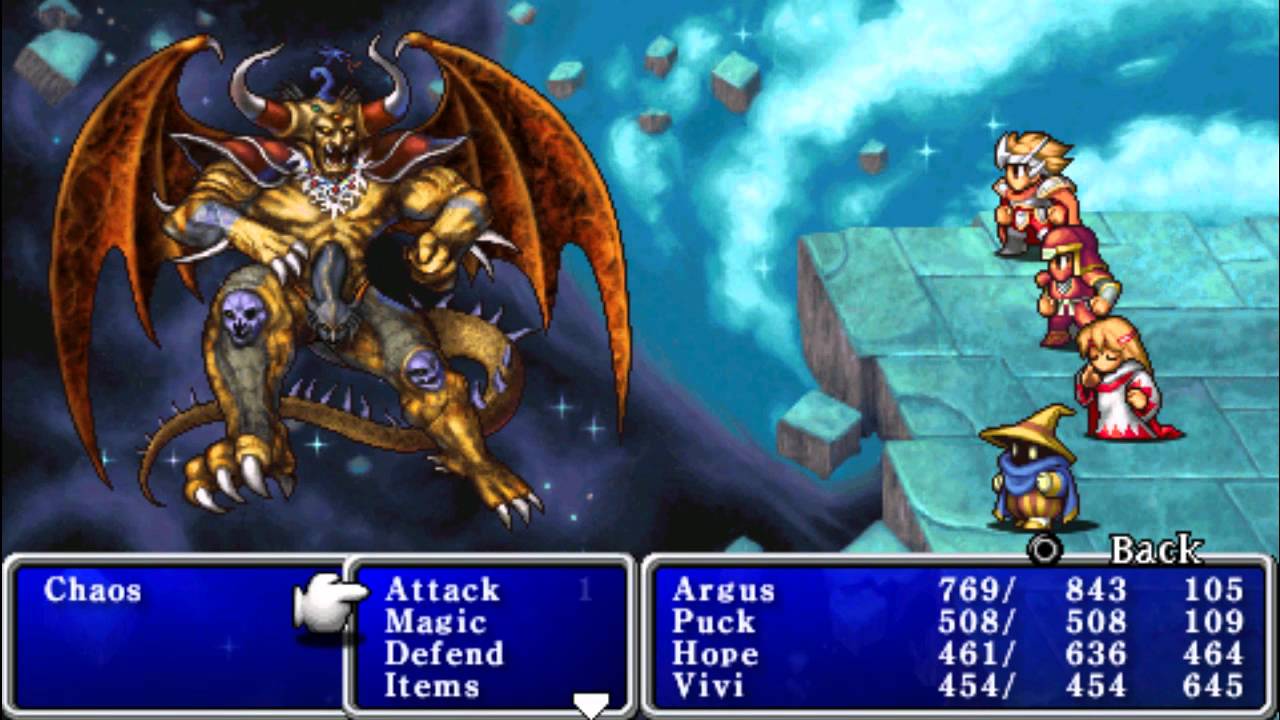

Randomness can manifest in a lot of ways in games. Today we explore various implementations of chaos.
Whuddup, gamesters?! We continue Part 2 of this chapter of Popular Mechanics: Randomness. Today, we will be discussing different games that have random mechanics and how those mechanics are implemented.
If you missed the previous part of this chapter on Randomness, we analyzed how randomness can work within a game and did some math to really figure out how randomness can be controlled. Click here for Part 1: What is LOL Teh Randum? (Zero apologies for the title)
Quick Recap
Last time, we discussed some random mechanics games will use. Let’s do a quick review of the two major categories of random. Random mechanics in games ultimately boil down into two categories, Rolling and Drawing. The main difference between the two is Rolling has a set of available results which can be repeated. While Drawing is more dynamic and malleable and changes with each draw. They both have their own uses, functions, pros and cons. So let’s dive right in with a game that really tries to break these definitions.
How Dice Forge Uses Randomness Well
Dice Forge is a very fun and interesting game. Players each have a pair of dice that they will alter throughout the game. The dice are constructed in such a way as to allow the faces of the dice to be swapped out. Each turn players have the option of replacing the faces for their dice.
What’s perhaps the most interesting about Dice Forge (for the interest of this article anyway) is how much control the player has regarding their dice. A lot of the strategy in Dice Forge comes from players deciding which faces to buy. Player choice is important to random games (remember this for later). While players are still rolling their dice to determine their resources, they get to control the chances of rolling each result. If a player wants to focus on getting mostly Sun Shards, they push the odds towards that result. And if they really want, they could buy enough to make their die have all Sun Shard faces for a 100% chance of getting that result on each roll. More likely, though, players are getting a balance of a few resources and hedging that the rules of randomness will give them an equal mix of those resources.
What I like about Dice Forge is the amount of controlled randomness the game allows. Most games have some method of controlling the randomness, but Dice Forge does it in a more varied way. Instead of simply granting some bonus or allowing rerolls, Dice Forge lets players choose the chances of their rolls. The nature of the game requires more than just a bonus to the roll, because there is no “success” or “failure”. Each die result successfully does what it is intended to do. The difference being, it might not be the successful result you were hoping for in that turn.
Overall, Dice Forge does a great job of having an essentially totally random game but allowing players to really rein in the randomness to fit their play style and strategy. The game is still heavily controlled by random effects, but each player gets to control how much the randomness affects them and in what way. Unfortunately, there are a lot of games out there that don’t give players that option.
RUGRATs Are Bad
A lot of games will have an effect which affects all players on some way throughout the game. This could be the event deck where you flip over one or more cards each turn and it controls the “game’s turn”. It could also be a roll which determines resources for the players, à la Settlers of Catan. This could also be the Mythos deck in the Arkham Horror or Eldritch Horror games. It could even be the Infection Deck in Pandemic. For sake of conversation, I’m going to coin a needlessly complicated term for these mechanics: Random Ultimately Game Result Affecting Thing or RUGRAT. RUGRATs usually are a large deciding factor in the end result of a game… and I hate them.
A RUGRAT is any game effect that is random, that is triggered with little to no player interaction and that controls some aspect of the state of the game. In cooperative games, the RUGRATs are what control the “AI” of the game and give the players something to fight against. Cooperative RUGRATs are almost always detrimental to the players. Competitive RUGRATS are less common and usually more neutral and arbitrary, dishing out resources or optional opportunities for the players.
What I dislike about RUGRATs, mostly cooperative RUGRATs, is I am often punished for no reason. Suppose I am playing Settlers of Catan and begin my starting settlements on what should be profitable hexes. If the resource dice never land on the hexes I’ve built upon, even though I made the right choice by building there, I’m screwed. If I’m playing a game of Eldrich Horror and get an early Rumor, I’m in a bad spot right off the bat. In the nature of the game, I’ve done nothing to deserve this. Conversely, on our Twitch channel, we recently played Harry Potter: Hogwarts Battle. That game has three RUGRATS, a Villain deck, a Dark Arts deck and Hogwarts deck.
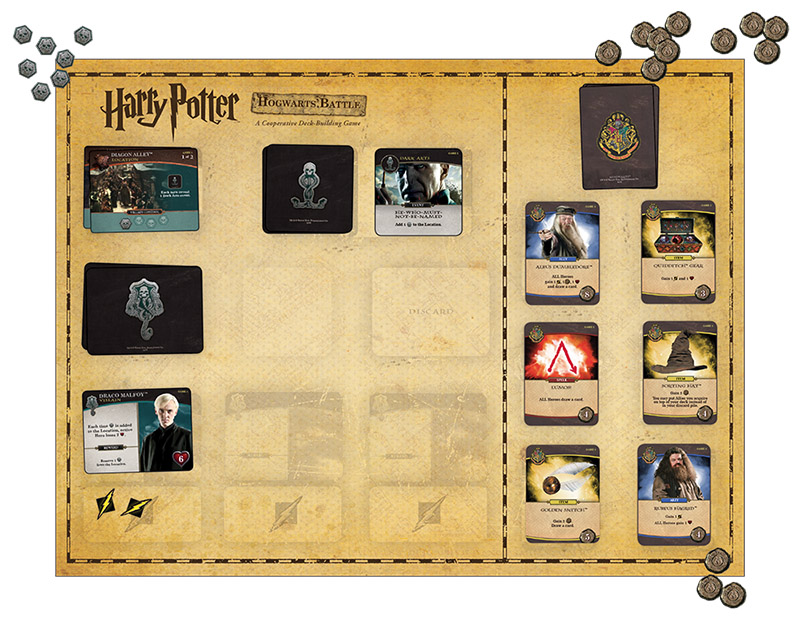 In our most recent game, our team got very lucky with which villains and Hogwarts cards were revealed during the first turn. It made the rest of the game a cake walk. We survived the entire game without losing a single location and without any Villain Control tokens at all. Even though we won, I was unhappy. It wasn’t a good game. The game is supposed to get more difficult with each Game, not easier. But because the game has a RUGRAT controlling which villains we faced, luck prevailed over design and we stomped all over Voldemort.
In our most recent game, our team got very lucky with which villains and Hogwarts cards were revealed during the first turn. It made the rest of the game a cake walk. We survived the entire game without losing a single location and without any Villain Control tokens at all. Even though we won, I was unhappy. It wasn’t a good game. The game is supposed to get more difficult with each Game, not easier. But because the game has a RUGRAT controlling which villains we faced, luck prevailed over design and we stomped all over Voldemort.
RUGRATs punish and reward players for no reason. A much better random mechanic rewards players for taking risks. Let the players drive when the randomness should happen within the game. Being dealt a card at the start of your turn which punishes you is frustrating because there is nothing you could have done to prevent it. But if you are attempting some great feat which requires a die roll to determine success, that’s exciting. If it fails, you have no one to blame but yourself (and the dice), but if you succeed the rewards can be worth it. Each random encounter can be other good and bad. That’s what randomness should be, rather than just randomly dealt out punishments and rewards. Give the randomness reason and purpose and it’ll drive players to want to take those risks and suffer the consequences by their own choice. Randomness needs a light touch. Too little and the essence of the randomness is lost. Too much and…. well, too much has its own set of problems.
Too Much Of A Random Thing
Games which are very random tend to be more lighthearted and fun. Still, there are plenty of games which remain popular despite how random they are. I’m not trying to say anything bad about highly random games. I just think it’s important for players to realize how random some games truly are, even if they don’t appear that way. Most classic kids’ board games are pure randomness. Chutes and Ladders, Candyland, Sorry, even Monopoly (protip: buy literally every property you can) don’t give the player any real choices. You roll a die and move that many spaces. The games play themselves and the winners of the games are literally completely randomly determined. How could this be fixed? One of the best and easiest counters to randomness is player choice.
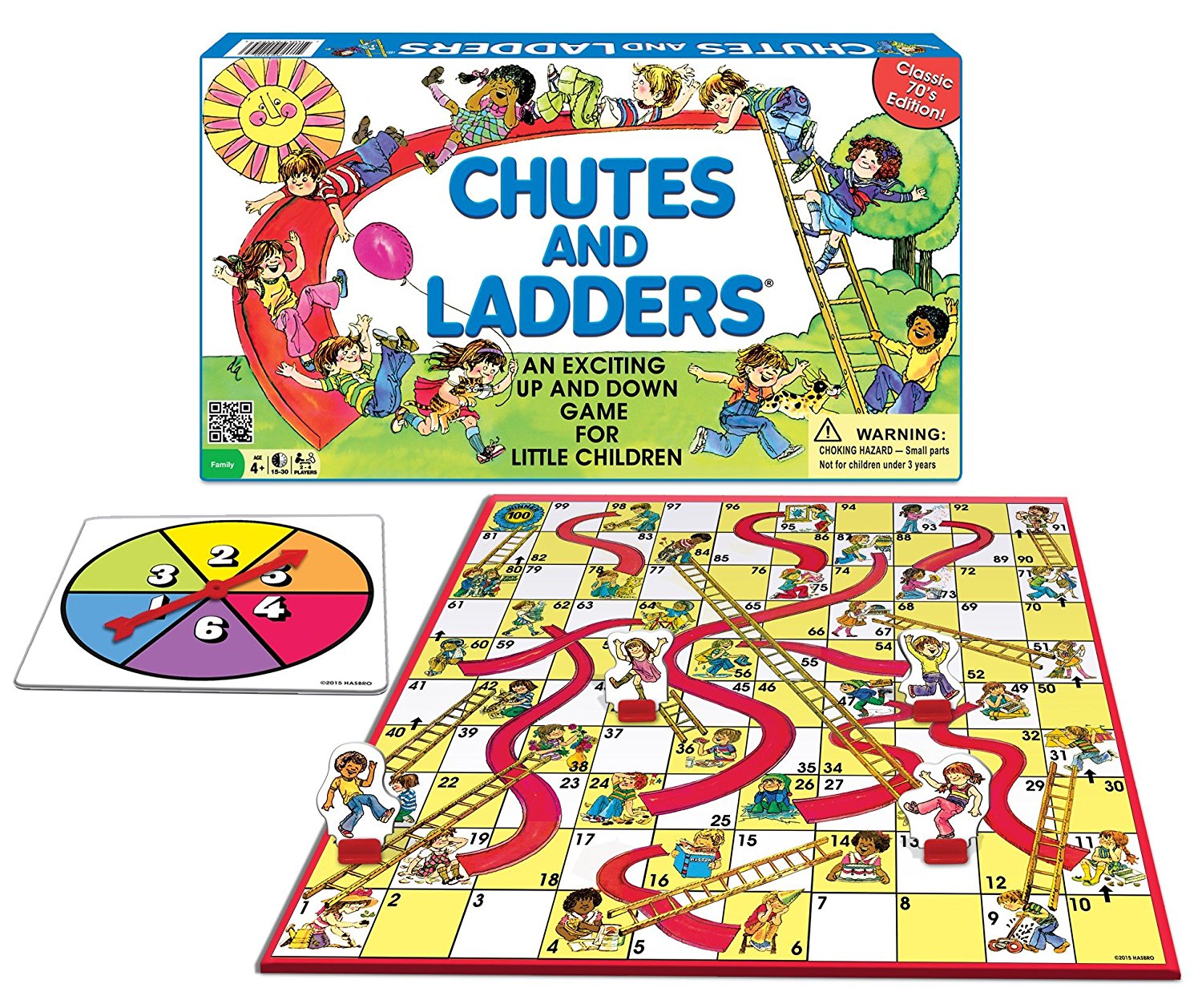 More Like Shoots! and Ladders…. because that’s what you say when you go down a Chute. …Right? Get it? …..Sorry.
More Like Shoots! and Ladders…. because that’s what you say when you go down a Chute. …Right? Get it? …..Sorry.
The choices a player makes aren’t random or else it’s, by definition, not a choice. If a game has no choices for the players to make, the game is likely completely random. Some games will pretend to have choices, even though they do not. More often than not, these “choices” boil down to some flavor of A) Prevent an opponent from winning or B) Allow that player to win. While it is technically a choice, I’m not sure I would really count that as a decision to be made. A decision with an obvious best option, is not a real decision. If you have to choose whether or not to use one of your cards to prevent the opponent from winning, that’s not a real choice. As much as I do enjoy Munchkin (with the right people), it is the worst offender of randomness disguised as choice. Sorry, Munchkin.
 Nothing wrong with that, just own up to it.
Nothing wrong with that, just own up to it.
Final Thoughts
I don’t dislike randomness. In fact, I usually prefer it. I think it can add a level of excitement to a game that couldn’t be otherwise done. However, I don’t want to feel powerless. Random effects with no cause will make a player feel powerless. If that’s the vibe the game is going for, then sure. But even RUGRAT style of randomness could be done in such a way as to lessen that frustration of being dealt a bad Mythos card on Turn 1. But that’s for next time!
In Part 3 of Popular Mechanics: Randomness, we’ll design a few of our own game mechanics that will use randomness in a way that will hopefully build tension and excitement without being frustrating and discouraging.
See you then!

